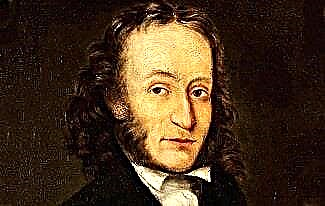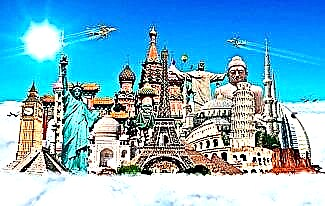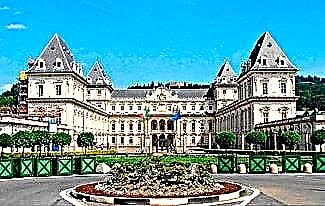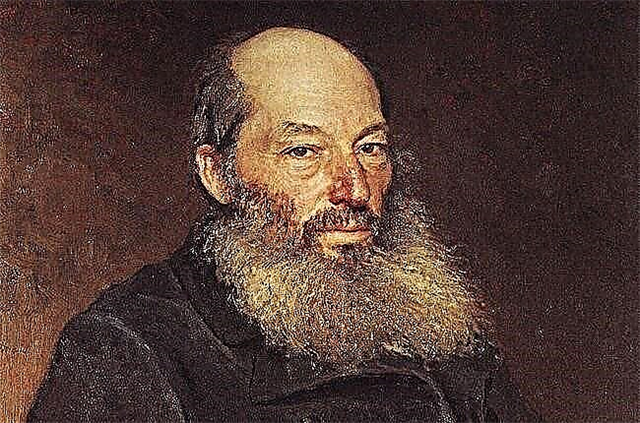Interesting facts about Fonvizin - this is a great opportunity to learn more about the work of the Russian writer. He is considered the ancestor of Russian everyday comedy. One of the most famous works of the writer is considered to be "The Minor", which is now included in the compulsory school curriculum in some countries.
So, before you are the most interesting facts from the life of Fonvizin.

- Denis Fonvizin (1745-1792) - prose writer, playwright, translator, publicist and state councilor.
- Fonvizin is a descendant of the Livonian knights who later emigrated to Russia.
- Once the surname of the playwright was written as "Fon-Vizin", but later they began to use it together. This transformation into the Russian manner was approved by Pushkin himself (see interesting facts about Pushkin).
- At a Moscow university, Fonvizin studied for only 2 years, which did not prevent him from getting a referral to the University of St. Petersburg and the characteristics of the best student of the philosophy faculty.
- Did you know that Jean-Jacques Rousseau was Denis Fonvizin's favorite writer?
- In the immortal work "Eugene Onegin" the name of Fonvizin is mentioned.
- The authoritative literary critic Belinsky (see interesting facts about Belinsky) spoke highly of the writer's work.
- In Russia and Ukraine, 18 streets and lanes were named in honor of Fonvizin.
- When Fonvizin worked in the civil service, he was the initiator of reforms that would free the peasants from duties.
- Serious attention was first paid to Fonvizin after he performed a brilliant translation of Voltaire's tragedy - "Alzira", from French into Russian.
- An interesting fact is that in 1778 Fonvizin met in Paris with Benjamin Franklin. According to some literary critics, Franklin served as the prototype for Starodum in The Minor.
- Fonvizin wrote in a variety of genres. It is worth noting that his first comedy was called The Brigadier.
- Denis Ivanovich was under the strongest influence of French enlightenment thought from Voltaire to Helvetius.
- In the last years of his life, the prose writer suffered from a serious illness, but he never stopped writing. Shortly before his death, he began an autobiographical story, which he did not manage to finish.









